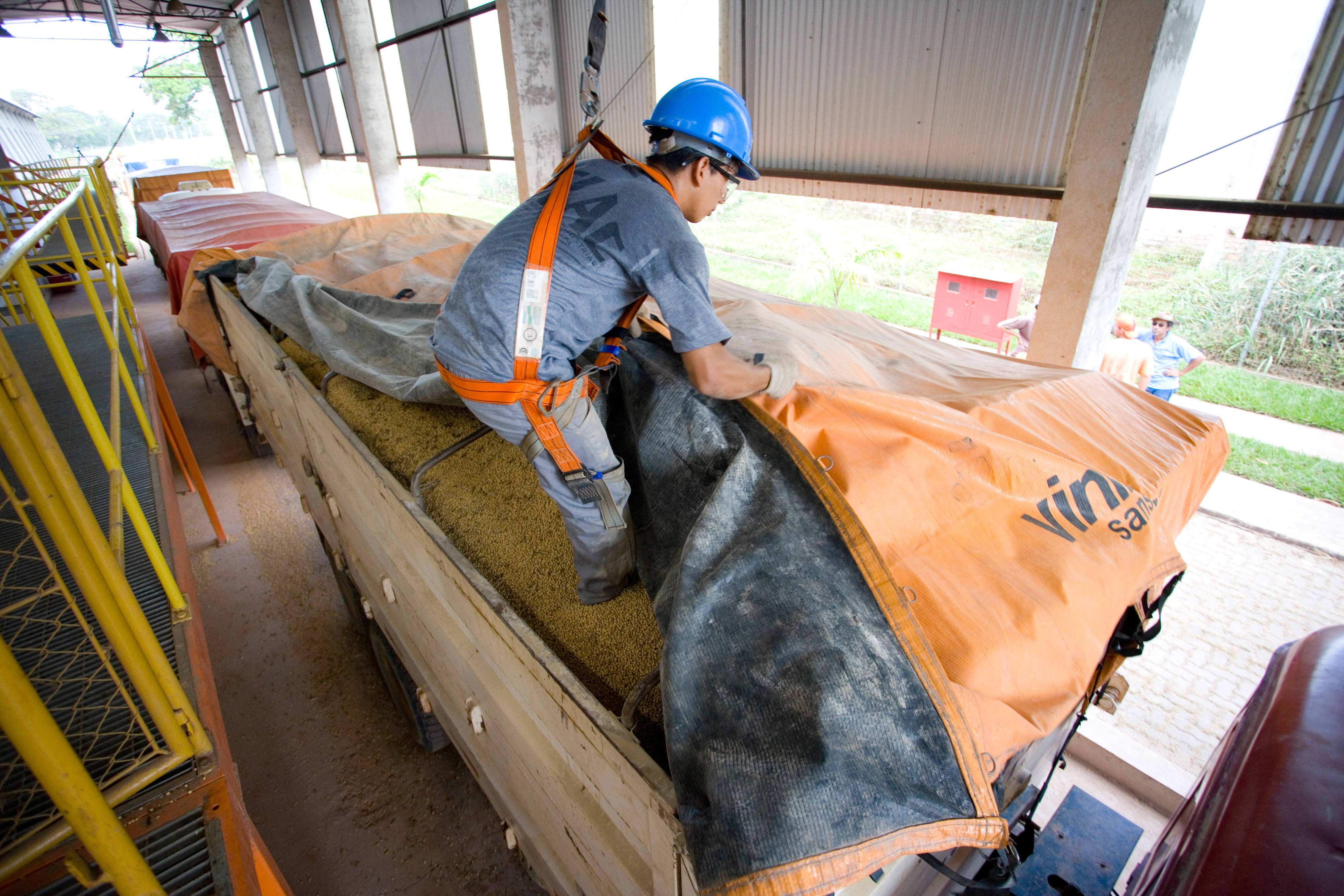About 15 years ago, at the height of a different deforestation boom in the Amazon, I helped forge a partnership between The Nature Conservancy (TNC) and Cargill. It could not have been more controversial. It was the early days of soy’s penetration into the Amazon, and Cargill was the most visible corporate player in the region. We got a lot of criticism. I remember one email above all, from a TNC member in Minnesota, Cargill’s home state. She argued, very politely and with impeccable logic, that she understood and sympathized with the idea that you have to engage with the companies driving the problem. But it is naïve to engage without being sure that a company will move. Companies answer to shareholders and financial markets, so they don’t think long-term. Commercial pressures will usually outweigh sustainability concerns.
She posed serious questions that deserved serious answers, and I tried to give them. I thanked her for the challenge and asked a question back - what world is more promising for conservation, a world where companies make commitments, or a world where they don’t? Conservation organizations such as TNC look bad if a company makes a commitment, we partner with them to implement it and the commitment isn’t met. That’s a risk. But it’s a much bigger risk for us to stop trying to drive change in company behavior around the critical sustainability issues of our time. The most effective way to drive change in companies and sectors is to embed a stretch target in a public commitment. The secret is picking the right battles, the right companies and the right commitments.

We have worked with Cargill and other companies on deforestation tirelessly ever since. They, along with many other companies, committed to eliminate deforestation from their soy supply chains by 2020. They failed. We failed too, since we were prominently associated with that effort. We are paying a price for that. But for all the recent surge in deforestation in Brazil, it is still well below where it was when we started this work, and driving change on the back of those commitments played an important part in that. The can-do attitude that global companies have makes public failure particularly humiliating. We can work with that. We’re not done. Walking away from the Amazon isn’t an option for any of us.
I’ve been thinking a lot about that experience this week. TNC is announcing the next stage of a major partnership with Syngenta, which I was also involved with. This is arguably an even more controversial partnership. Syngenta is synonymous with industrial agriculture. It produces seeds and pesticides. It manufactures neo-nicotinoids, which have been implicated in bee colony collapse. It is a leading multinational in the industry which drives more biodiversity loss, destruction of natural habitat, soil degradation and depletion of natural resources around the world than any other, as well as being responsible for around a quarter of global emissions. I’ve been thinking of our member from Minnesota, who I answer to before anyone else: somebody who cares enough to join us, smart enough to ask exactly the right questions, and who doesn’t agree with what we want to do here. This is my answer to her this time around.
We can’t walk away from industrial agriculture, any more than we can walk away from the Amazon. It’s not going away. In fact, it is expanding, driven by new demands from emerging markets where governments and consumers care more about price and volume than sustainability. That will change sooner than people think, but it’s the world we will live in for at least another decade. So, having made the decision to engage, what type of commitment do we need?
We need a commitment that is fundamental: a shift to different products and product development systems that address the most urgent sustainability issues facing agribusiness. Moving towards integrated pest management systems that minimize the use of chemicals. Designing technology packages that reclaim degraded soils for production and encourage the expansion of crops over land already cleared, rather than natural habitat. Developing product lines that link into building soil health through a range of known management practices that aren’t yet scaling to the level we need. Preserving natural habitat within farms for the environmental services that both farmers and nature need.
Quote
The most effective way to drive change in companies and sectors is to embed a stretch target in a public commitment. The secret is picking the right battles, the right companies and the right commitments.
For a company like Syngenta, one of four global companies that dominate the agricultural input sector, the only commitment that can address those sustainability issues is to change product development systems to focus on them. If we want to influence how a company does business, the best type of commitment is financial: tangible investments in technologies that address those sustainability concerns. Critically, those investments need to be verified by independent third parties, not by TNC.
That’s what Syngenta has done. It has committed to spending $2 billion over the next five years on “sustainability innovation investment”. To qualify, a sustainability innovation investment must enable one of several specific sustainable agriculture practices (integrated pest management, nutrient reduction, specific soil health practices, for example) and represent a significant improvement in performance (compared with an alternative, traditional product) against a range of ecotoxicological parameters. It will be independently audited annually. We think the risk involved is worth the promise of positively influencing pesticide use, soil management and habitat conservation around the world as that happens.
There’s one other wrinkle. Syngenta was acquired by ChemChina in 2016, a state-owned enterprise. China is a rapidly rising global power in the agribusiness space, as elsewhere. It may be that a partnership between TNC and Syngenta could accelerate the incorporation of sustainability into strategic thinking in those companies in China. As a conservation organization, we don’t have the option of walking away from industrial agriculture, or of walking away from China, which perhaps more than any other country will set the direction of environmental change over the next century. I can honestly say to our member from Minnesota, who asked all the right questions: this is a risk worth taking. We think this company will move.



